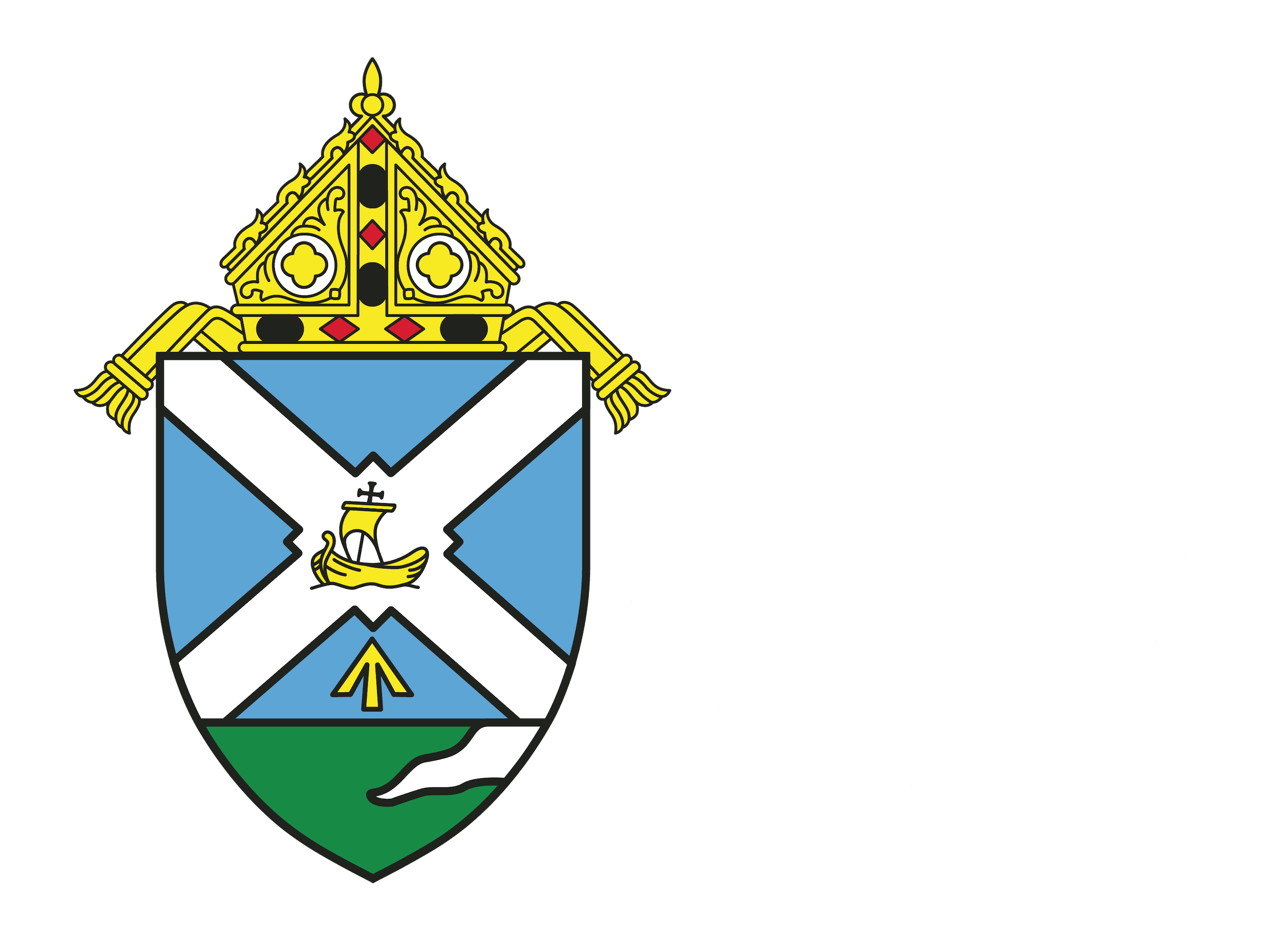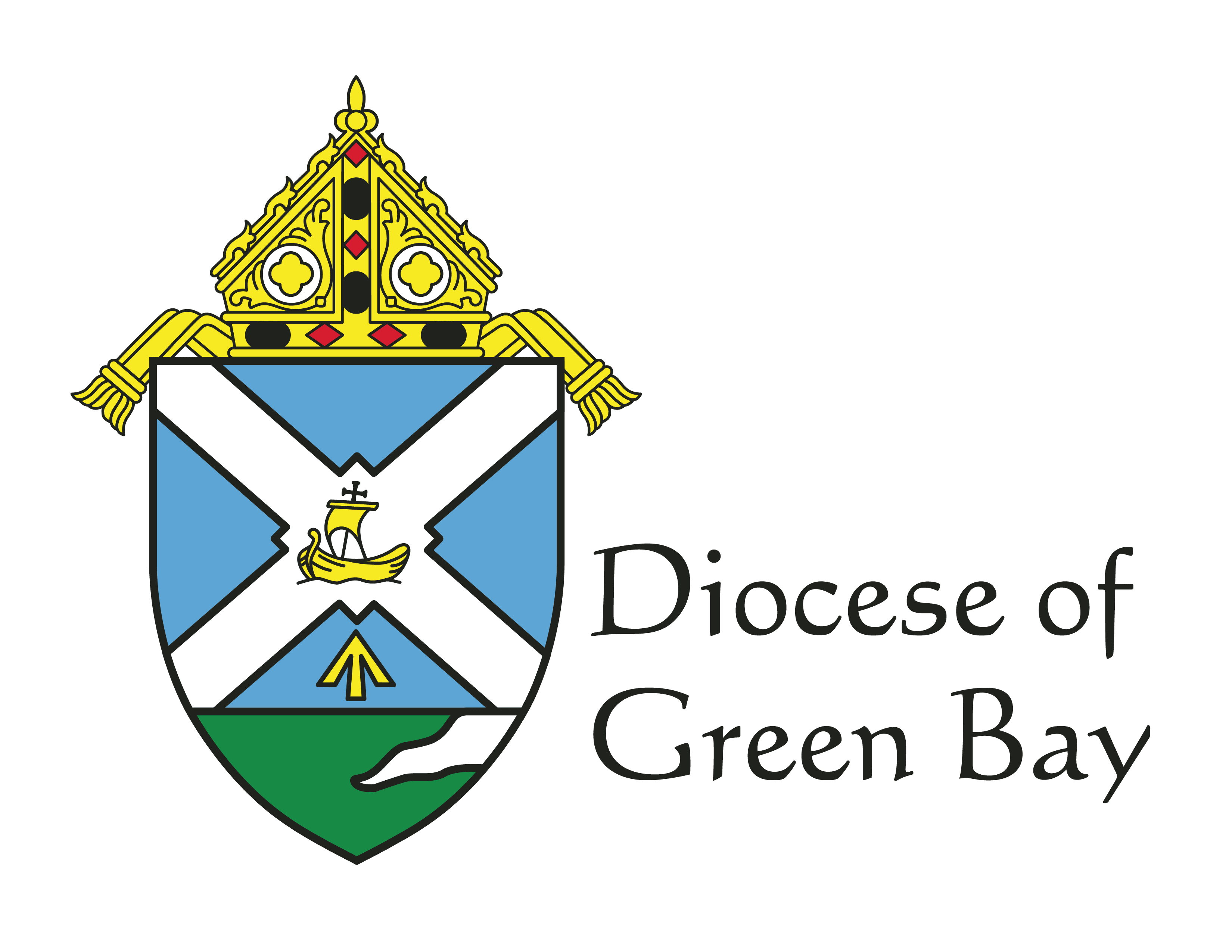
EYE ON THE CAPITOL
July 29, 2024
ABORTION AT THE WISCONSIN SUPREME COURT
By Barbara Sella, Executive Director of the Wisconsin Catholic Conference
As Catholics, we believe that every human life is made in the image and likeness of God and therefore deserves protection from violence at every stage of development. But many of our fellow citizens do not see things this way. Many view abortion as solely a matter of a woman’s bodily autonomy. In this view, any conflict of rights between the woman’s bodily autonomy and the unborn child’s right to life must be decided in the woman’s favor.
Wisconsin’s abortion ban challenged at Wisconsin Supreme Court
In Wisconsin, this conflict became all the more pressing in June 2022 after the U.S. Supreme Court ruled that there is no federal constitutional right to abortion. As soon as the Court’s Dobbs decision was handed down, Wisconsin’s 1849 abortion ban (Stat. 940.04) became effective once again. It prohibits all abortions except to save the life of the mother. Though described by its opponents as an antiquated law, it was enacted four years before Wisconsin repealed the death penalty in 1853. In both cases, Wisconsin’s 19th century lawmakers were opposing the ultimate violence: state sanctioned taking of human life. These consistent laws in favor of human life should be upheld, not reversed.
The 2022 reinstatement of Wisconsin’s abortion ban was immediately challenged in a lawsuit by Wisconsin Attorney General Josh Kaul. In December 2023, Dane County Judge Diane Schlipper ruled that the ban does not apply to consensual abortions, despite the fact that it has been understood to apply precisely to these types of abortion by the public, lawmakers, and the courts for the past 175 years.
In February 2024, Judge Schlipper’s decision was appealed by Sheboygan County District Attorney Joel Urmanski to the Wisconsin Supreme Court. Soon after, Planned Parenthood filed its own separate case, asking the Wisconsin Supreme Court to find that the Wisconsin Constitution guarantees a right to abortion. On July 2, 2024, the Court agreed to hear both Attorney General Kaul’s case and Planned Parenthood’s case but denied Wisconsin pro-life groups the opportunity to intervene in the cases. Thus, as things stand, the pro-life position is currently not being represented at our state’s highest court.
In response to this gross omission, on July 15, Milwaukee Archbishop Jerome Listecki filed a petition to intervene in the Planned Parenthood case, arguing that he has a religious obligation “to vindicate the constitutional rights of the unborn in the Archdiocese of Milwaukee, particularly their rights to life and to equal protection of the laws under the Fourteenth Amendment and to any claimed state constitutional right to bodily integrity, autonomy, and self-determination.” In his petition, Archbishop Listecki also pointed out that “it is unthinkable that a legal decision of such import could be made without the full participation by both sides (or all sides) to this dispute.” Wisconsin’s other bishops subsequently issued a statement of support for the Archbishop’s petition, stating that they too have a religious obligation to care for the souls of every human life—born and unborn—in their respective dioceses, and that both sides deserve to be heard at the Wisconsin Supreme Court.
As of July 29, the Wisconsin Supreme Court has not responded to the Archbishop’s petition to intervene. Regardless of the outcome, the Court will hear oral arguments in the two abortion cases later this year, with a decision expected by summer 2025.
What can Catholics do?
In the face of renewed calls to enshrine abortion in our state’s laws, what can Catholics do?
Pray for women, men, and their unborn children. There are enormous forces at work that seek to pressure parents to abort their children. The truth about when life begins is repeatedly distorted by Planned Parenthood, which stands to gain financially from every abortion it performs.
Speak up for the value of all human life in ways that attract and do not alienate. Recognize that many women and men you know and love have been impacted by abortion. Be sensitive and always lead with mercy, not with condemnation. Explain that the Church works not just to prevent abortion, but also to help people heal from it through ministries like Project Rachel.
Explain that if we accept that some lives are worth saving and others are not, we call into question the very basis of our democracy: that all human beings are created equal and are entitled to life, liberty, and the pursuit of happiness. Democracy cannot survive if we continue to legalize the destruction of a class of human beings.
Investigate the many resources that currently exist in your community to help women facing crisis pregnancies: pregnancy resource centers, Catholic Charities, the Society of St. Vincent de Paul, Catholic parishes that have a Walking With Moms in Need ministry, and others. Tell your family, friends, and neighbors about these resources so that the word can spread that women will not be left to face their difficulties alone.
Volunteer with and/or financially support these organizations and consider creating new ones if you find that there is insufficient help in your community.
Encounter and offer to accompany women in crisis pregnancies. Let them know that they are not alone and that they have life-giving options, whether parenting their children or choosing an adoption plan. Further, support families in your church and community. Make your parish as family-friendly as you can.
Learn to articulate the Church’s teaching by reading the U.S. and Wisconsin Bishops’ Faithful Citizenship materials.
Study the political party platforms and candidate positions at election time. Actively participate in the political process and express your desire for candidates that uphold the life and dignity of all human life, from conception to natural death.
Meet with candidates and elected officials, especially those who are not pro-life, and respectfully let them know your views. Share with them the tremendous work that Catholic and other organizations are doing in their community to help those in need.
Urge all elected officials to support legislation that will protect women and children, such as extending postpartum care for women, removing sales tax on baby supplies, increasing tax exemptions for dependents, removing marriage penalties in social programs, building more affordable housing, increasing the earned income tax credit, and more.
As Americans, we rightly pride ourselves on our freedoms, democracy, inventiveness, and tenacity. Let’s put that to work to ensure that no woman feels abandoned when facing an unplanned pregnancy. Let’s create a civilization of love and compassion, in which every member of the human family is not excluded or thrown away, but rather welcomed and supported.
—
The Wisconsin Catholic Conference (WCC) is the public policy voice of the Bishops of Wisconsin and also exists to bring the Church’s social teachings to parishes. To schedule a speaker, sign up for updates, or for more information about the WCC’s advocacy efforts, visit our website at www.wisconsincatholic.org.




